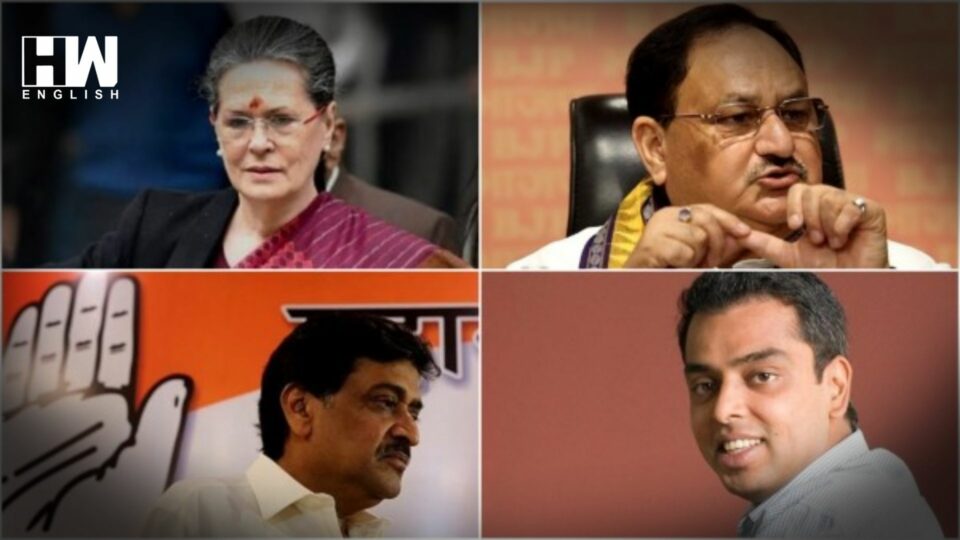Former Congress president Sonia Gandhi, BJP chief J P Nadda, Ashok Chavan, and Union ministers Ashwini Vaishnaw and L Murugan were among the 41 candidates elected unopposed to the Rajya Sabha. The remaining 15 seats in Himachal Pradesh, Karnataka, and Uttar Pradesh will witness polling on February 27.
Of the 41 elected unopposed, the BJP secured the highest number with 20 seats, followed by the Congress with 6, Trinamool Congress with 4, YSR Congress with 3, and RJD, BJD, NCP, Shiv Sena, BRS, and JD(U) with one seat each.
The elections were announced on February 27 for the 56 seats, with 50 members completing their term on April 2 and six retiring on April 3.
Nadda and three other BJP nominees from Gujarat were declared winners. In contrast, the Congress and other opposition parties opted not to contest against the BJP, which holds a significant majority in the 182-member Assembly.
Also Read: SC Declares AAP Candidate As Mayor Of Chandigarh
All six candidates from Maharashtra, including BJP’s Ashok Chavan and Shiv Sena’s Milind Deora, were elected unopposed. In Bihar, candidates from JD(U), BJP, RJD, and Congress emerged victorious.
TMC and BJP candidates from West Bengal secured victories, while in Madhya Pradesh, BJP candidates and one from Congress won unopposed.
In Odisha, BJP and BJD candidates secured seats, YSR Congress candidates triumphed in Andhra Pradesh, and Congress and BRS candidates won in Telangana.
BJP nominees in Uttarakhand, Haryana, and Chhattisgarh also secured seats without contest. Overall, the election results reflect a mix of party dominance across various states.
The successful election of these candidates without contest underscores the political dynamics and party strategies in play across different regions of India.
As an independent media platform, we do not take advertisements from governments and corporate houses. It is you, our readers, who have supported us on our journey to do honest and unbiased journalism. Please contribute, so that we can continue to do the same in future.

